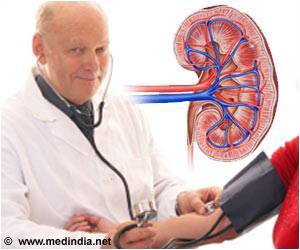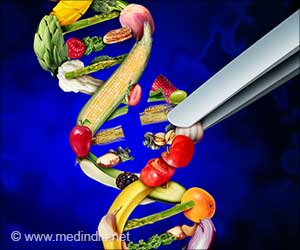Kidney donors face a greater risk of gestational hypertension in future pregnancies.
Highlights:
Kidney donation is a life-saving act of compassion, but for young women considering this noble deed, it’s essential to be aware of potential health implications. Recent research reveals that female kidney donors face a higher risk of developing gestational hypertension or preeclampsia during future pregnancies. A cohort study conducted in Ontario, Canada, found that 11% of pregnancies in kidney donors were affected by these conditions compared to 5% in non-donors. This 2.4-fold increased risk highlights the need for informed decision-making (1✔ ✔Trusted Source- Kidney donors have a 2.4 times higher risk of gestational hypertension
- 11% of donors experienced hypertension or preeclampsia, compared to 5% of non-donors
- No significant increase in preterm birth or low birth weight rates
Gestational Hypertension and Preeclampsia in Living Kidney Donors
Go to source).
‘Did You Know?
Kidney donation may increase pregnancy hypertension risks! #kidneyhealth #pregnancyrisks #medindia’





Kidney donation may increase pregnancy hypertension risks! #kidneyhealth #pregnancyrisks #medindia’
Advertisement
The Study: Comparing Donors and Non-donors
Research Design and Participants
The study involved 85 women who had donated a kidney between 1992 and 2009 and later experienced 131 pregnancies. To ensure accuracy, the researchers compared them with 510 healthy non-donors from the general population who collectively had 788 pregnancies.
Both groups were carefully matched for:
- Age and residency (urban or rural)
- Income level
- Pregnancy history before kidney donation
- Time to first pregnancy after cohort entry
Key Findings: Increased Hypertension Risk
The study revealed that:- 11% of pregnancies in kidney donors resulted in gestational hypertension or preeclampsia, compared to 5% in non-donors.
- Donors had a 2.4 times higher likelihood of experiencing these conditions.
- Both gestational hypertension and preeclampsia were significantly more frequent in kidney donors.
Advertisement
Gestational Hypertension and Preeclampsia Explained
What Is Gestational Hypertension?
Gestational hypertension is high blood pressure that develops after 20 weeks of pregnancy in women with previously normal blood pressure. While it usually resolves after delivery, it can increase the risk of complications.
What Is Preeclampsia?
Preeclampsia is a more severe form of hypertension during pregnancy, characterized by high blood pressure and organ damage, often affecting the kidneys or liver. It can lead to preterm birth or other serious complications if untreated.
Other Pregnancy Outcomes: No Significant Differences
Interestingly, the study found no significant increase in other maternal or fetal complications among kidney donors:- Preterm birth rates were similar: 8% in donors vs. 7% in nondonors.
- Low birth weight rates were also comparable: 6% in donors vs. 4% in nondonors.
- There were no cases of maternal death, stillbirth, or neonatal death in the donor group.
What This Means for Potential Female Kidney Donors
The Need for Informed Decision-Making
For young women considering kidney donation, it is crucial to understand the potential risks to future pregnancies. While the overall risk of complications remains low, the higher likelihood of gestational hypertension and preeclampsia should be part of pre-donation counseling.
Long-Term Health Considerations
The study reinforces the importance of regular monitoring and follow-ups for female kidney donors, particularly during pregnancy. Women who donate kidneys should:
- Inform their healthcare providers about their donor status.
- Undergo frequent blood pressure checks during pregnancy.
- Maintain a healthy lifestyle to reduce hypertension risk.
If you’re considering kidney donation, consult with your healthcare provider to understand the long-term implications on your reproductive health.
Reference:
- Gestational Hypertension and Preeclampsia in Living Kidney Donors - (https://pmc.ncbi.nlm.nih.gov/articles/PMC4362716/)
Source-Medindia
















